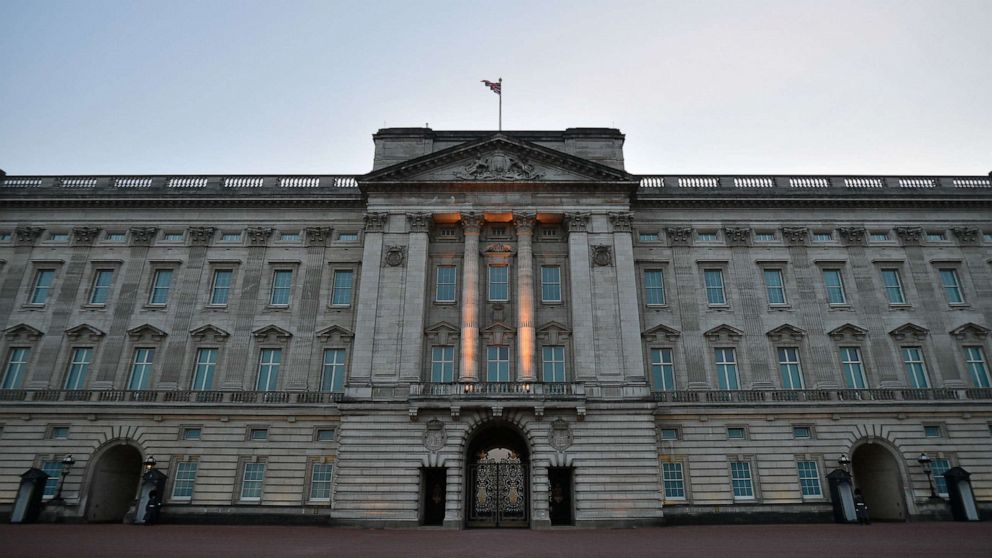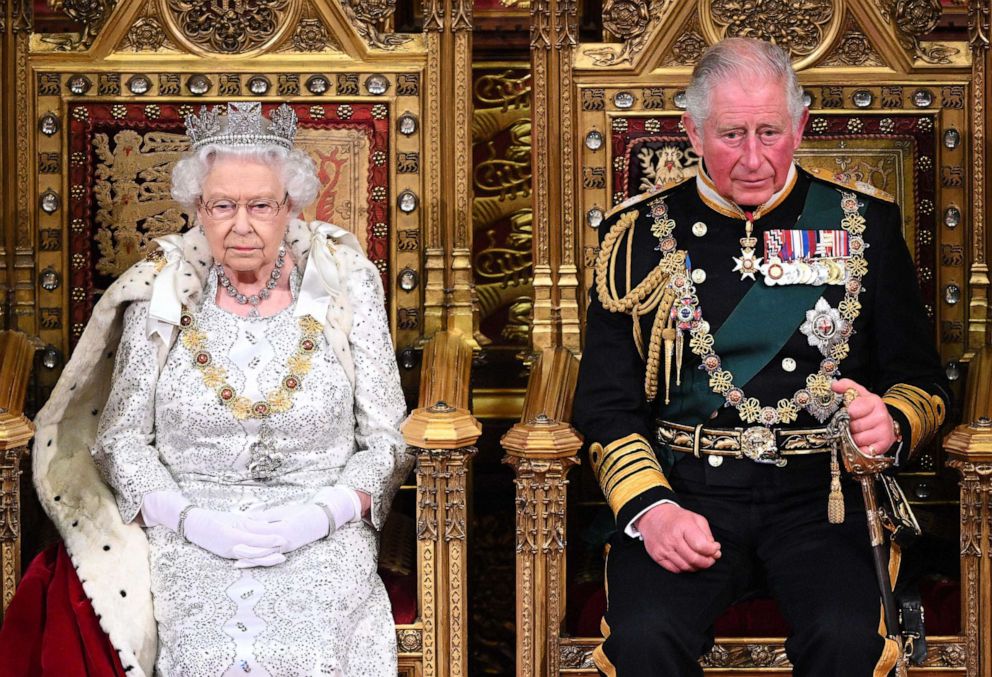
There is a moment of transition for the British monarchy after Queen Elizabeth II’s death. That applies to the finances of the monarchy.
King Charles III won’t be officially crowned for months. It’s not clear when Charles will appear on money in Britain and the Commonwealth.
The royal family has joined Britain in a national mourning period.
The fate of the British monarchy’s fortune, which stands in the tens of billions, as well as the inheritance of Elizabeth’s personal wealth, which totals in the hundreds of millions of dollars, have already raised questions.
A lot of the royal family’s assets are located in Britain. Some Britons have questioned whether the financial arrangement benefits Britain as it faces economic difficulty due to high inflation.
The brand associated with the royal family draws tourists to Britain from all over the world and appears on merchandise with the royal coat of arms.
The British monarchy’s finances are discussed here.
What was Elizabeth’s net worth and what happens to it now?
The net worth of Elizabeth, not including the wealth of the monarchy as a whole, stands in the hundreds of millions, but the exact figure remains shrouded in mystery.
Fortune says Elizabeth has a net worth of $500 million. Her assets were pegged at $468 million by an expert in a book.
Elizabeth’s wealth was derived from her investments and real estate. She owned private real estate in England and Scotland.
Charles is expected to inherit most of Queen Elizabeth’s wealth, though some of her fortune is tied up with the monarchy and could follow a more complex path of inheritance.
How much wealth does the royal family have and where does it come from?
According to Fortune, the royal family’s wealth is estimated to be around $30 billion.
According to a report from the Crown Estate, the biggest source of wealth for the royal family is the Crown Estate. The Crown Estate has 191,000 acres of rural land, including the famed Windsor Castle.

The Crown Estate is owned by the royal family, but it is controlled by the British government. The government gives 25% of the profit the Crown Estate makes to the royal family from the national treasury. A financial report from the Crown Estate shows that the grant totaled almost $100 million last year.
One of the biggest sources of wealth for the royal family is the Duchy of Cornwall. The heir to the throne is traditionally passed down from Charles to William when he dies.
The value of the Duchy of Lancaster is nearly a billion dollars. This estate’s profits go to the monarch.
Adding to the appeal of television shows about the monarchy, as well as the additional wealth associated with the royal family’s brand, is the fact that it creates over two billion dollars in economic activity for Britain each year.
Does the British royal family pay taxes?
Wealthy families in Britain pay some taxes, but the British royal family doesn’t.
Charles won’t pay inheritance taxes on the hundreds of millions of dollars in assets he will get from Elizabeth. The inheritance tax in Britain is 40%.
The Memorandum of Understanding on Royal Taxation was published by the government in 2013.
Charles paid 45% income tax on the money he took from the Duchy of Cornwall.
Capital gains and income taxes are paid by Elizabeth and Charles. The two most powerful figures in the royal family have paid taxes on income from royal assets when they weren’t used in an official capacity.
Some Britons are wondering if the royal family should pay taxes. At a time of economic difficulty for the United Kingdom, they argue, the frustration is particularly pronounced.
A resident of Britain told Good Morning America that it was hard to justify that.